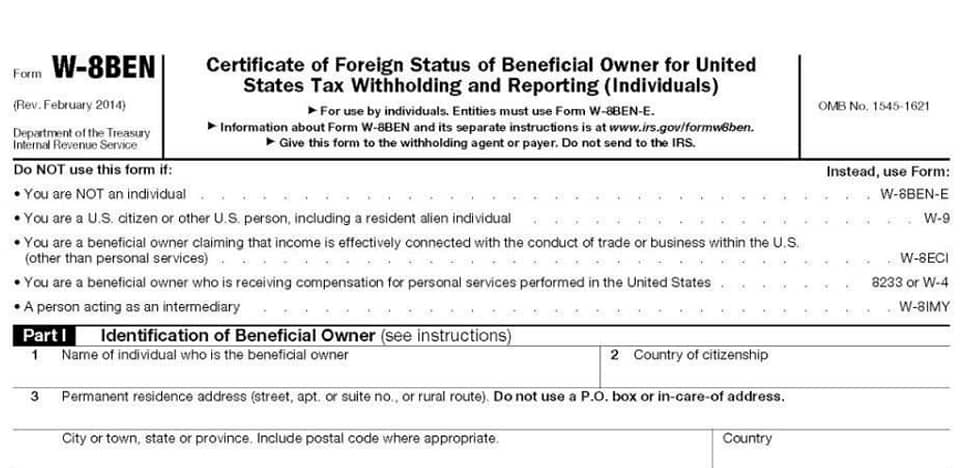
This can be especially problematic for smaller businesses that rely on steady cash flow. Bookkeeping is an essential task for any small business, and bookkeepers play a crucial role in keeping track of all financial records related to the company. On a basic level, a bookkeeper’s responsibility is to record financial transactions accurately and consistently using accounting software. It involves tracking purchases, sales, payroll system setup, processing employee payroll, and reconciling bank and credit card accounts at the end of each month. It may also include creating customer invoices, filing sales QuickBooks tax returns (GST/HST and PST) and other tax forms. Outsourcing also offers many benefits that you can’t get with an in-house bookkeeper.
- They will keep your books in order and ensure your business has the financial strength required to operate.
- While this cost may not be directly charged by the bookkeeper, it represents an investment of your time and resources.
- Due to these requirements, the average fee for an accountant is much higher than a bookkeeper.
- Some are more impactful than others, but they should all be considered.
- Some bookkeeping service providers offer tiered pricing plans with varying levels of support and features.
- Some bookkeepers charge hourly rates (ranging from $20 to $50 per hour), while others offer fixed monthly fees (typically $200 to $2,500 per month for small businesses).
- The cost of bookkeeping services can vary depending on whether you hire an in-house bookkeeper, contract with a traditional bookkeeping firm, or work with an online bookkeeping service provider.
How Much Does Bookkeeping Cost (In-house & outsourced)
- Knowledge of all factors involved in in-house bookkeeping versus external bookkeeping service will help your business choose the solution that best fits its objectives.
- Their flat fee plans allow you to only pay for the services you need and there’s a range of plans to explore based on your monthly expenses.
- It is important to note that accounting functions are typically performed by a Chartered Professional Accountant (CPA).
- Bringing someone on as an in-house full-time employee requires extra costs on your end, such as benefits and health insurance, whereas contractors are not entitled to these perks.
- You’ll also get access to your very own tax assistant who can answer your tax and bookkeeping questions.
The biggest benefit of hiring doola Bookkeeping Bookkeeping for Painters is time & cost savings. We take care of every aspect from data entry, to daily reconciliations, to quarterly reports. They typically work remotely and may charge an hourly or project-based rate. One of the primary ways bookkeeping can help your small business is by providing accurate and up-to-date financial information. The bookkeeper may need to spend more time sorting and organizing your records to catch up before they can begin their usual tasks, which often cost extra.

How Much Does a Bookkeeper Cost? A Complete Guide to Bookkeeping Fees?
For example, a freelance bookkeeper located in India or other low-cost countries can charge less for their services compared to an independent bookkeeper in Europe or Canada. For example, the process is similar to hiring an in-house bookkeeper but you don’t have to add overhead costs for employees on the payroll. The template is divided into seven sections, and includes critical details for each step.
Underused Housing Tax (UHT) in Canada: What You Need to Know
But, this cost can vary based on additional factors such as your bookkeeping needs and where you run your business. Bookkeepers provide a variety of financial services found in the table below. If you need services a bookkeeper doesn’t typically provide, you may need to hire an accountant or CPA firm instead. However, in-house bookkeepers may offer personalized services and better communication with the business owner, which can sometimes justify the higher cost. Bookkeepers often charge extra fees during tax season when they are required to file taxes on your behalf. Make sure to ask about these costs upfront and factor them into your budget.
- Bookkeepers offer a wide range of services, so what you need from them will affect your overall costs.
- Compared to standard bookkeeping, project pricing gives more focused, day-to-day financial insights.
- When implementing fixed-fee or value-based billing, it’s easy to under or overestimate the time it will take you to complete a task.
- However, any error or oversight that may appear on the sheet is fully at your business’s expense.
Bringing someone on as an in-house full-time employee requires extra costs on your end, such as benefits and health insurance, whereas contractors are not entitled to these perks. You may not know how long you’ll need someone, but comparing the monthly bookkeeping cost of a contractor versus an in-house employee is the best way to see this angle side by side. They require the least amount of education and focus on recording transactions, whereas an accountant or CPA spends their time analyzing financial data and generating financial statements. Bureau of Labor Statistics, it costs about $47,000 a year to hire a bookkeeper for your small business.

We will go over the cost of all your bookkeeping options — and help you determine which one right for you. The Financial Soul Inc, specializes in comprehensive back-office solutions, encompassing bookkeeping, CFO services and tax & regulatory advisory. The best way to do bookkeeping for small businesses is to come up with a framework, choose the method that works best for your business type, and keep track bookkeeper fees of all the details.
How Much Does Bookkeeping for Small Businesses Cost?

For example, you might process a certain number of transactions for one cost, but going over that incurs a different fee. This ties into client size and is a good way to stay transparent while correctly charging larger clients. With an hourly rate, unless you can find more hours in the day, it’s difficult—borderline impossible—to drive up profit significantly.

Outsourced bookkeeping costs generally range from $3500 to $4000 per month, depending on the services required and the volume of transactions. Basic bookkeeping tasks like data entry are generally less expensive, while more complex services such as financial analysis, budgeting, or tax preparation command higher rates. Additional services beyond routine bookkeeping, such as advisory services or specialized reporting, can also increase overall costs. The number of financial transactions a business processes directly affects bookkeeping costs. Companies with higher transaction volumes require more time and resources to manage, resulting in increased service fees. Some bookkeeping firms adjust their pricing tiers based on transaction volume to ensure fair compensation.
- Understanding these pricing models can help you budget for bookkeeping services more effectively.
- They would know what services to expect from you, and you could charge an automatic, monthly fee.
- Figure out which works for your business and start tackling the problems, or potential problems, with your books.
- Maybe you’re new to the 1099 world, or have simple finances you don’t mind managing on your own.
- If you can get away with that, part-time bookkeeping services can be much more affordable than a full-time bookkeeper working in house.
- However, it is important to consult with a tax professional to determine if the bookkeeping fees are eligible for deduction in your specific situation.
Outsourcing Bookkeeping
You also lose some direct oversight, which can be challenging if you need immediate support. An in-house bookkeeper can be beneficial if you need consistent, hands-on support to manage your finances. They only work for you, so over time, they’ll gain a deeper understanding of the ins and outs of your financial operations.
